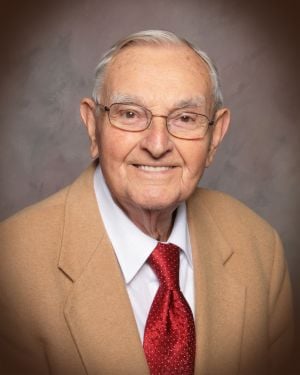02.15.2014
During a brief speech Friday at the House Democratic Issues Conference in Cambridge, Maryland, Obama repeated that one of his legislative priorities for this year is immigration reform
 WASHINGTON – President Barack Obama said Friday that immigration reform will pass before he leaves office in January 2017.
WASHINGTON – President Barack Obama said Friday that immigration reform will pass before he leaves office in January 2017.
“I believe it will get done before my presidency is over,” he said during an interview with Univision Radio. “I’d like to get it done this year.”
“The main thing people can do right now is put pressure on Republicans who have refused so far to act,” the Democratic president said.
He showed once again that he's unwilling to adopt unilateral measures to halt deportations of the undocumented until reform is passed, though many activists demand it insistently, mostly in the Hispanic community.
During a brief speech Friday at the House Democratic Issues Conference in Cambridge, Maryland, Obama repeated that one of his legislative priorities for this year is immigration reform.
What must be guaranteed is “a smart immigration policy in this country that grows our economy – gets people out of the shadows, makes sure that our businesses are thriving. That’s got to be a top priority,” he said.
“(W)hen it comes to immigration reform, we have to remind ourselves that there are people behind the statistics, that there are lives that are being impacted,” Obama said, referring to the more than 11 million undocumented immigrants living in the country.
“(P)utting things off for another year, another two years, another three years, it hurts people. It hurts our economy. It hurts families,” the president added.
The Senate approved last June a bipartisan bill that strengthens border security and includes a path to citizenship for the undocumented.
The Republicans who control the House presented in late January their immigration-reform policy, which only contemplates a guarantee of citizenship for young people who were brought into the country as children and are now enrolled in college or are serving in the Armed Forces.
During a brief speech Friday at the House Democratic Issues Conference in Cambridge, Maryland, Obama repeated that one of his legislative priorities for this year is immigration reform
 WASHINGTON – President Barack Obama said Friday that immigration reform will pass before he leaves office in January 2017.
WASHINGTON – President Barack Obama said Friday that immigration reform will pass before he leaves office in January 2017.“I believe it will get done before my presidency is over,” he said during an interview with Univision Radio. “I’d like to get it done this year.”
“The main thing people can do right now is put pressure on Republicans who have refused so far to act,” the Democratic president said.
He showed once again that he's unwilling to adopt unilateral measures to halt deportations of the undocumented until reform is passed, though many activists demand it insistently, mostly in the Hispanic community.
During a brief speech Friday at the House Democratic Issues Conference in Cambridge, Maryland, Obama repeated that one of his legislative priorities for this year is immigration reform.
What must be guaranteed is “a smart immigration policy in this country that grows our economy – gets people out of the shadows, makes sure that our businesses are thriving. That’s got to be a top priority,” he said.
“(W)hen it comes to immigration reform, we have to remind ourselves that there are people behind the statistics, that there are lives that are being impacted,” Obama said, referring to the more than 11 million undocumented immigrants living in the country.
“(P)utting things off for another year, another two years, another three years, it hurts people. It hurts our economy. It hurts families,” the president added.
The Senate approved last June a bipartisan bill that strengthens border security and includes a path to citizenship for the undocumented.
The Republicans who control the House presented in late January their immigration-reform policy, which only contemplates a guarantee of citizenship for young people who were brought into the country as children and are now enrolled in college or are serving in the Armed Forces.




